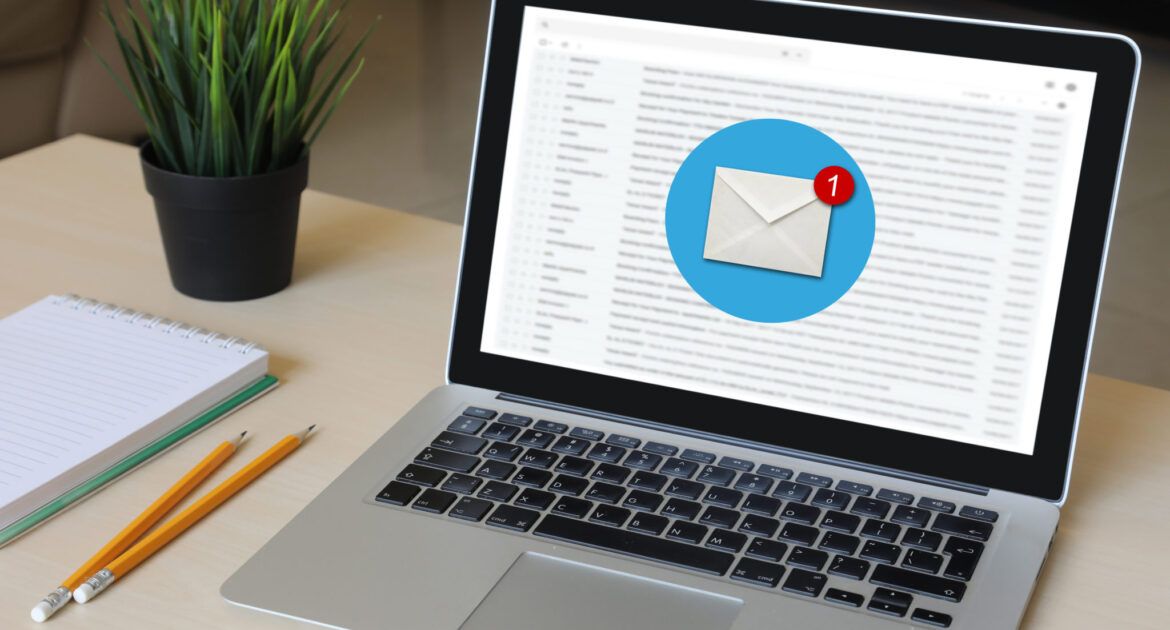Did you know that nearly 300 billion emails are sent globally on a daily basis? According to a McKinsey analysis, nearly a quarter of our working time is spent reading and responding to emails. If you work in higher education, you may have experienced increasing pressures to be available on email outside of your traditional working hours. Whilst decades ago few of us checked work emails at the weekends, it is now common practice amongst lecturers to spend hours of their precious weekends responding to emails. As the higher education sector is fast evolving, staff members at all levels are experiencing increased pressure and demands on their time.
Although we feel a sense of accomplishment when we clear our emails, we are often blind to seeing how much of that time is spent unproductively. We unnecessarily copy in others, read emails multiple times and engage in constant email ping- pong.
Have you ever been inundated by emails and experienced stress, pressure and frustration as a result? You may have felt slightly incompetent at times because you could hardly keep a clear email box for longer than a couple of hours. Here comes three insights to help you become even more productive with emails.
Set boundaries
The modern curse of office working is that you are constantly expected to be available on email. Some emails come in with a high importance mark and you are supposed to respond within minutes. Emails interrupt the flow of your work and they sidetrack your attention. Every email you send triggers a response and often results in even more emails coming in.
Instead of being glued to emails throughout your working day, try setting aside three checking times throughout the day when you tackle emails. You could block out an hour first thing in the morning, and a similar amount early afternoon and late afternoon. Although you may need to dip into emails occasionally throughout your day, having dedicated email time will help you to make progress on other projects.
Choose from 5 options
Have you ever found yourself reading and rereading emails and unsure about how to respond? While your inbox is towering with new unread correspondence, you may easily fall into the temptation of procrastinating. The secret is to read a new email once and choose from five options: email back, talk, flag, file or delete.
If your response is fairly straightforward, it is best to ping back a quick reply. However, if you are dealing with a complex matter, you might like to quickly phone your recipient or knock on their door (if they are based nearby). Oral conversations could save you hours of email back and forth. At the end of the conversation, you could send a quick summary email for record-keeping. If you are waiting for a piece of information, you can use coloured flags to remind you of responding at a later stage.
Creating elaborate email filing systems could take an extraordinary amount of time. Many academic administrators would find it useful to work with only three folders: inbox (for new emails), dealt with (for record-keeping) and flagged (to be acted on). Having a search function means that you can quickly find emails within the above folders if you use keywords.
If you regularly delete the same types of newsletters, unsubscribe or ask people to remove you from their distribution lists. When you make decisions on what to delete, you spend precious time and some of your valuable mental energy.
Think a bit like an entrepreneur
Every email you send has a cost attached to it. It demands the time of the sender and of the recipients. It can distract people from important, high-value activities.
Imagine that you send a large distribution email to 100 people, and everyone spends 10 minutes reading it and responding. You will end up with 1000 minutes spent on your email which is the equivalent of 16.7 hours. It could contribute to hundreds of pounds in lost wage time!
Many companies recognise the daily costs of emailing. Well-known North American entrepreneurs have been openly encouraging their customers to avoid emails and instead revert to oral communications. When you are an entrepreneur, you are responsible for creating products or services. You may strike up collaborations, forge partnerships, design marketing campaigns and manage the finances. You are usually rewarded for the results you deliver and not the hours you spend working. You become more time-savvy.
Before you create a new email, ask yourself if you really need to do so. Think about whether you really need to copy in others. Reflect on how you could make your email more to the point, clear and concise. When it comes to email, less is often more!
Emails are not expected to go away soon. In fact, the number of emails is forecasted to rise 10% on the year. Introducing some tweaks to your email habits could lead to gaining up to a couple of hours daily. You can be in control of your email box as opposed to letting it control your well-being.





Leave a Reply